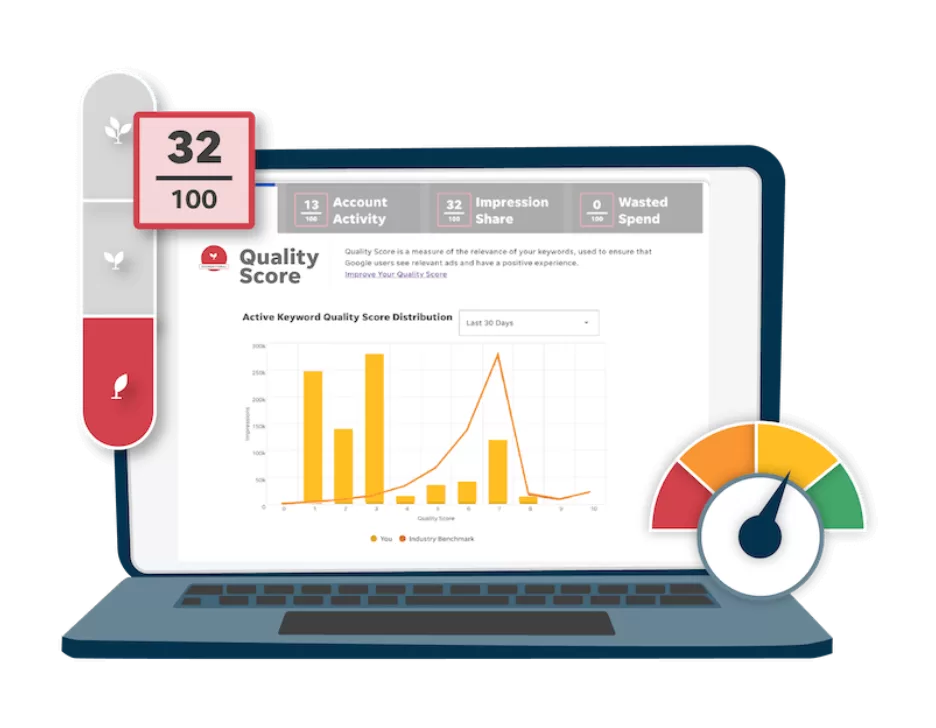Did you know that 92% of Millennial consumers are more likely to buy products from ethical companies? Or that 82% of those consumers believe ethical brands outperform similar companies that lack a commitment to ethical principles?

These are just two of the findings of a recent Aflac survey (PDF) into the potential business impact of ethical commerce and corporate philanthropy. Brand authenticity has never been more crucial to a business’ success, and companies that have dedicated themselves to the greater good instead of solely to their bottom lines have seen a remarkable surge in support – and revenue.
In this article, we’ll learn what ethical marketing is and take a look at how five different brands have proven their commitment to ethical marketing. The following examples show the principles of ethical marketing in action, as well as why championing good causes is so effective for today’s brands.
What Is Ethical Marketing?
Before we dive into the examples, let’s take a moment to clarify what ethical marketing means.
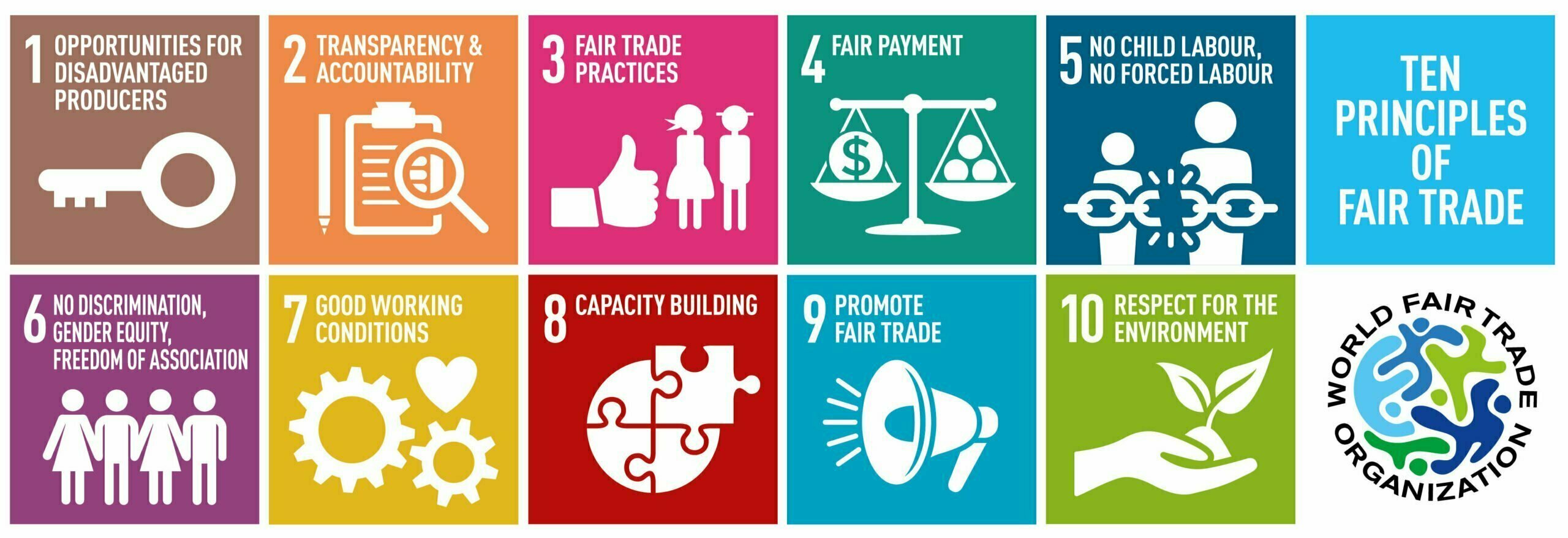
Image via World Fair Trade Organization
Ethical marketing refers to the process by which companies market their goods and services by focusing not only on how their products benefit customers, but also how they benefit socially responsible or environmental causes.
To put this another way, ethical marketing isn’t a strategy; it’s a philosophy. It includes everything from ensuring advertisements are honest and trustworthy, to building strong relationships with consumers through a set of shared values. Companies with a focus on ethical marketing evaluate their decisions from a business perspective (i.e. whether a particular marketing initiative will deliver the desired return) as well as a moral perspective (i.e. whether a decision is “right” or morally sound).
With that out of the way, let’s get to the good stuff.
Ethical Marketing Example #1: TOMS
My wife loves her TOMS ballet flats. They’re cute, comfortable, and best of all, socially conscious.
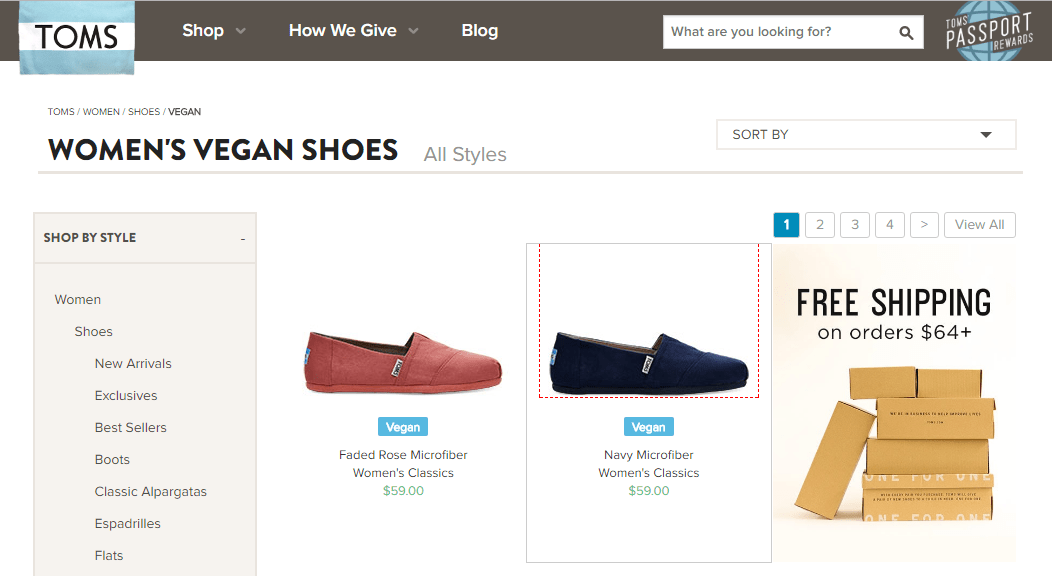
TOMS isn’t just engaged in corporate philanthropy to make a quick buck; it’s a core part of the company’s values and brand.
TOMS was founded by Blake Mycoskie in 2006 following a trip to Argentina. During his visit, Mycoskie saw firsthand how people living in impoverished areas of Argentina had to live without shoes, a challenge that many of us likely give little thought. Inspired by his trip, Mycoskie decided to establish his company with giving in mind.
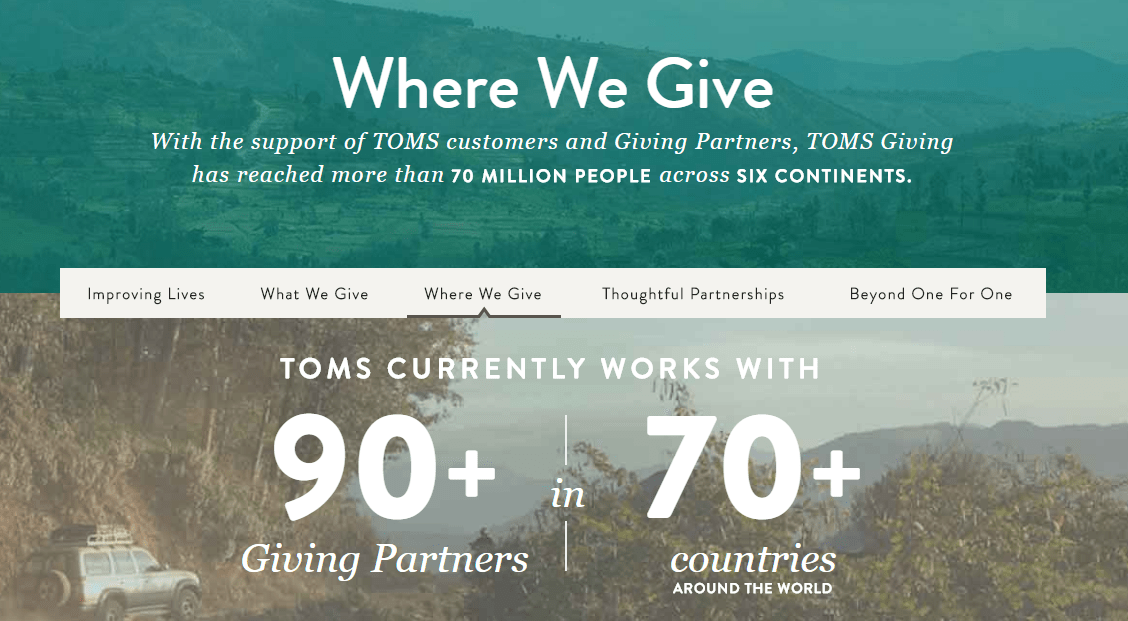
Since 2006, TOMS’ footwear business has donated more than 60 million(!) pairs of shoes to children in need all over the world. As if that weren’t enough, TOMS’ eyewear division has given more than 400,000 pairs of glasses to visually impaired people who lack access to ophthalmological care.
The company has further diversified its operations to include clean water initiatives through its coffee business, and its line of bags has helped support projects to expand access to birthing kits to expectant mothers in developing nations as well as training for birth attendants. To date, TOMS has helped more than 25,000 women safely deliver their babies.
How Does TOMS Use Ethical Marketing?
TOMS puts its social and environmental philanthropy on full display in virtually every aspect of its branding. This not only lets potential customers know the kind of company they’re dealing with right off the bat, but also reinforces TOMS’ brand values consistently across all channels.
Take a look at TOMS’ homepage. Right underneath the carousel, the company tells you that, for every product you purchase, TOMS will help someone in need:
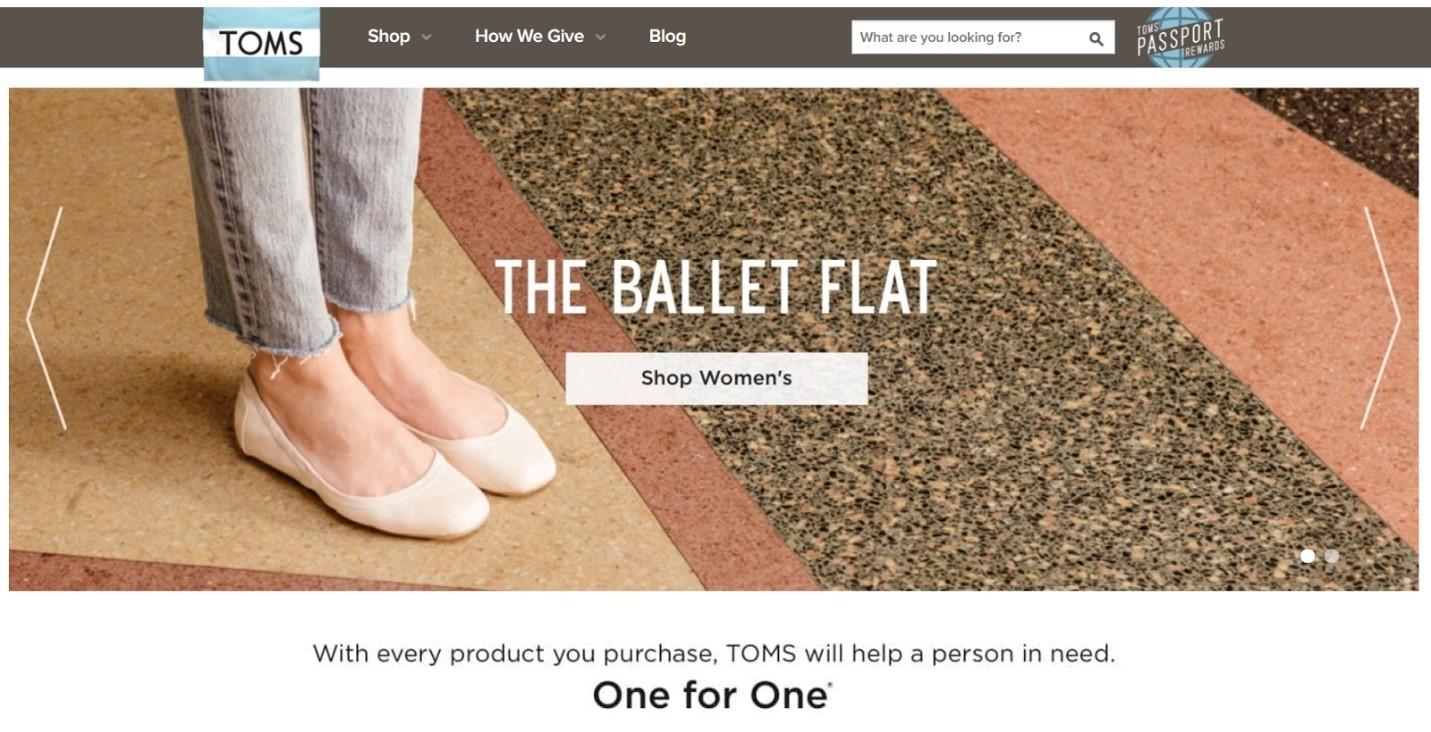
TOMS’ mission is so central to the company’s branding, it’s given almost equal emphasis on its website as the products it sells. In fact, it’s almost impossible to navigate through TOMS’ site without seeing further examples of how TOMS helps people around the world.
This isn’t a typically cynical attempt to capitalize on empty gestures or a feel-good sales tactic; it’s the same principle leveraged by brands that use display advertising. Just as many display ads are designed to promote brand awareness and achieve top-of-mind presence among consumers, TOMS’ philanthropic mission is constantly reinforced throughout its website and marketing materials. As a result, it’s almost impossible to think of TOMS as a brand without thinking of the company’s various outreach projects and corporate giving initiatives.
Ethical Marketing Example #2: Everlane
Clothing manufacturing is among the most controversial industries in the world. During the past 20 years or so, much greater attention has been paid to how and where our clothes are made, particularly in light of tragedies such as the blaze that tore through a garment manufacturing facility in Bangladesh in 2012, killing 117 people – a factory that supplied clothing to American retailers including Walmart and Sears.

In light of greater awareness about the use of sweatshops, demand for ethically made clothing has soared in recent years, a trend that has given rise to dozens of companies that want to change how we make and view clothing, including Everlane.
Founded in 2010 by Michael Preysman, Everlane is boldly committed to ethical manufacturing. All of Everlane’s garments are made in factories that meet the most stringent quality standards – not only in terms of the clothes themselves, but also in how workers are treated. Everlane only partners with manufacturers that demonstrate a strong commitment to their workers’ welfare, a fact the company prides itself upon in its marketing material.
How Does Everlane Use Ethical Marketing?
Like other ethical brands, Everlane’s About page tells its brand story, including how the company champions the rights and well-being of the workers who make its clothes. What’s really interesting about Everlane, though, is its commitment to radical transparency.
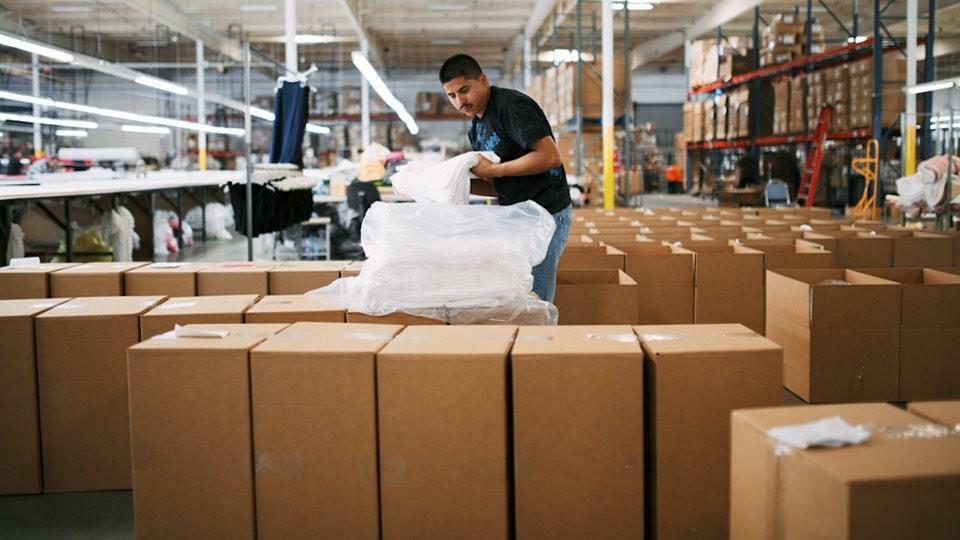
An Everlane warehouse worker prepares garments at the company’s
Mola, Inc. tee-shirt factory in Los Angeles, CA. Image via Everlane.
Everlane isn’t content to merely tell you that its clothes are manufactured and sold ethically; the company also provides customers with a detailed cost breakdown for each and every one of its stylish, minimalist garments. This includes details on the cost of materials, labor, transportation and logistics, excise taxes and duties, and even hardware such as zippers and buttons.
The company’s Elements jacket, for example, costs $60 to produce, and you can see exactly how much each of the manufacturing and logistical elements affects the retail price:

Typically, the production costs of most commercially produced clothing are a closely guarded secret. This isn’t merely because a breakdown of such costs would reveal a brand’s potential profit margin on a specific item, but also because they highlight the desperately poor pay and conditions many people working in garment manufacturing endure.
By boldly revealing precisely how much each of its garments costs to make, Everlane can offer its customers the kind of transparency consumers want while enjoying the considerable karma this kind of radical transparency offers.
Ethical Marketing Example #3: Dr. Bronner’s
Consumer demand for ethically produced cleansing products has intensified in recent years, and although there are literally hundreds of brands of soap available on the market, few are as unique or memorable as Dr. Bronner’s, the top-selling organic liquid soap brand in America.

If you’ve ever bought or seen a bottle of Dr. Bronner’s soap, you’ll already know that the company is a little different to other soap companies. For starters, the product’s unique packaging features the company’s fascinating “Cosmic Principles,” a 30,000-word philosophical screed that company founder and self-styled doctor Emanuel Bronner spoke of while touring the United States’ lecture circuit in the late 1940s. Bronner offered his now-famous peppermint liquid soap as a freebie for people who attended his lectures, but it didn’t take long for him to realize most people would only turn up at his speeches to grab their free sample of soap.
It wasn’t just Emanuel Bronner who demonstrated a commitment to social and environmental activism. Bronner’s grandson, David, was arrested in 2012 for publicly harvesting hemp from inside a locked cage outside the White House, a stunt orchestrated to protest what David Bronner felt was the federal government’s undue oversight of hemp production in the United States.
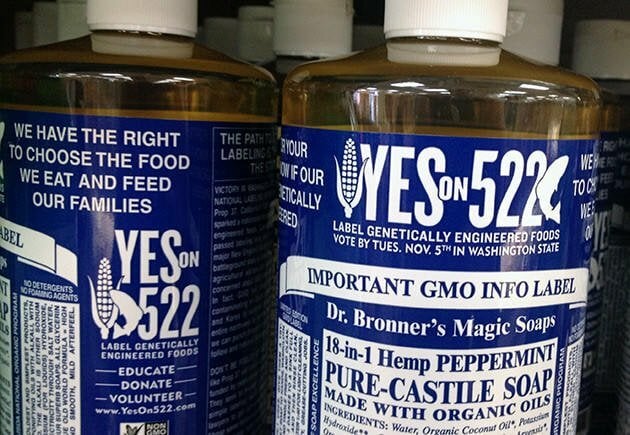
Image via Mother Jones
In the years since the cage incident, David Bronner has been extremely active in many areas of social and environmental justice, including the fight for greater oversight into the labeling of products that include genetically modified ingredients.
How Does Dr. Bronner’s Use Ethical Marketing?
Dr. Bronner’s is such a unique eco-friendly brand because of the eccentricity of its founder. Indeed, it’s hard to imagine how different the Dr. Bronner’s brand would be without the “Moral ABCs” that Bronner lectured about shortly after World War II.
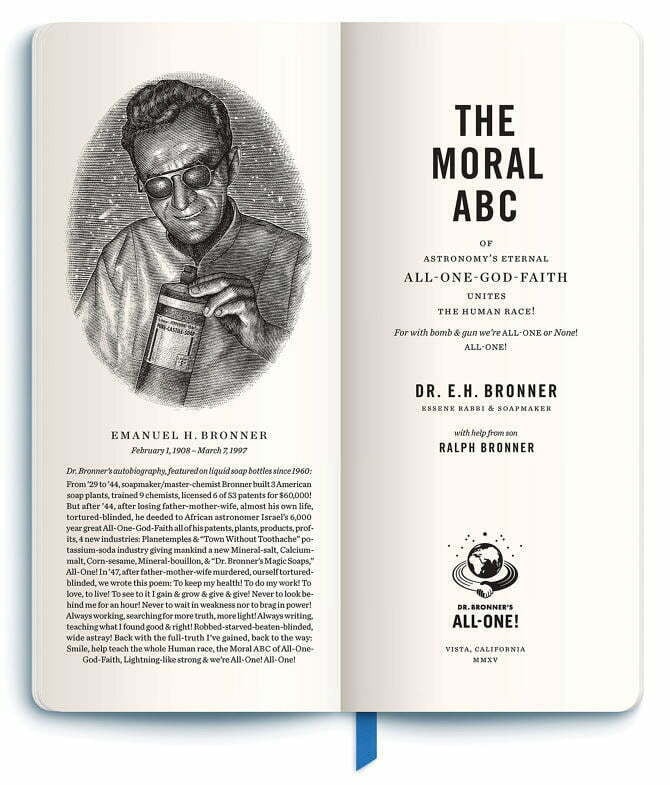
As a result of the company’s unorthodox founding, Dr. Bronner’s is uniquely positioned to leverage its history of ethical manufacturing in its marketing. In many ways, the company’s iconic product packaging serves as the perfect introduction to the firm’s philosophy; I often find myself reading the Moral ABCs while showering.
Of course, the company’s commitment to what it calls “constructive capitalism” goes far beyond its unusual packaging and mission statement. Dr. Bronner’s is what’s known as a Benefit Corporation (or B-Corp), a designation that states such companies must be for-profit operations that have a “positive impact on society and the environment according to legally defined goals.”
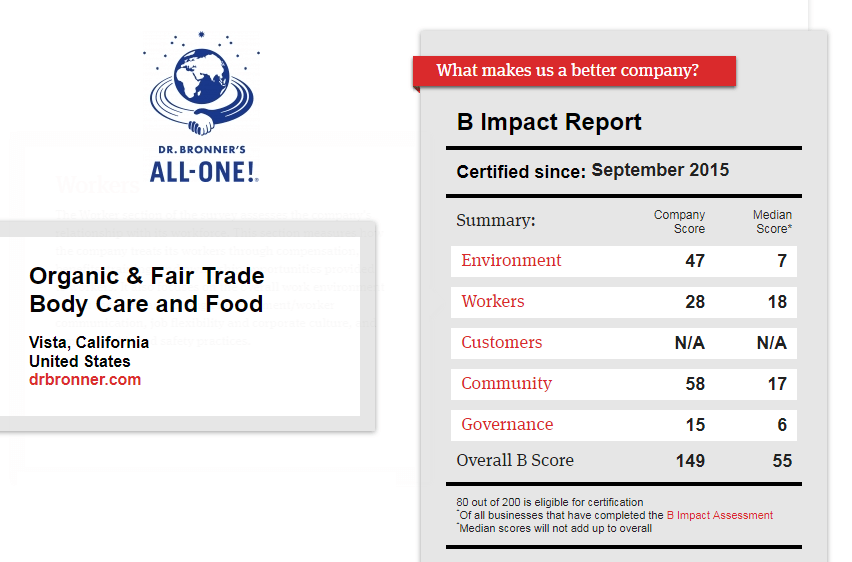
To this end, Dr. Bronner’s succeeds admirably. The company is committed to several tangible objectives, including raising awareness of crucial environmental and social justice issues, the use of USDA-certified fair-trade ingredients whenever possible, and to equitable compensation structures that limit executive pay to five times that of lower-level employees. (For a little perspective, Dunkin’ Donuts CEO Nigel Travis said in 2015 that paying workers a minimum wage of $15 per hour was “absolutely outrageous” despite the fact that he personally “earns” approximately $4,889 per hour.)
Ethical Marketing Example #4: Conscious Coffees
Coffee is serious business – and I’m not talking about lame “don’t bother me before I’ve had my first cup” jokes. Globally, the coffee industry directly supports the livelihoods of more than 120 million of the world’s poorest people, and few industries are likely to experience the kind of disruption wrought by climate change as intensely as agricultural coffee production; in worrisome news for the constantly caffeinated, literally half the world’s coffee farming land could be lost by 2050 if climate change isn’t tackled aggressively.
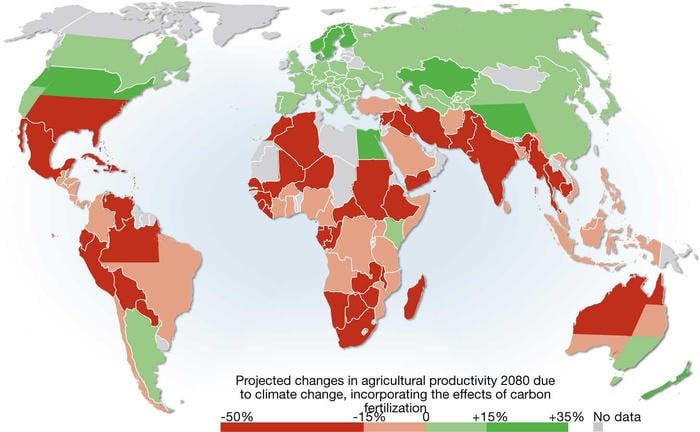
Image via Global Agriculture
To that end, many companies are seeking to improve conditions for coffee farmers and producers around the world, and one of the best is Conscious Coffees. Headquartered in Boulder, Colorado, Conscious Coffees was founded in 1996 by Mark and Melissa Glenn, who later sold the business to current owner Craig Lamberty earlier this year.
Since its founding, Conscious Coffees has worked tirelessly to improve its production pipelines to benefit growers, farmers, and suppliers across South America. Like Dr. Bronner’s, Conscious Coffees is a certified B-Corporation, and earned a community impact score in the top 10% of all certified B-Corporations worldwide for its work.
How Does Conscious Coffees Use Ethical Marketing?
Everything about Conscious Coffees, from its name to its logo, reinforces the company’s mission and ethical production philosophy – so much so that Conscious Coffees doesn’t use ethical marketing as much as it embodies the principle as a brand.

Conscious Coffees-affiliated growers preparing coffee beans.
Image via Conscious Coffees.
In addition to its strong commitment to ethical production processes and fair-trade commerce, Conscious Coffees engages in a wide range of community outreach initiatives.
Its CAFE Livelihoods Program empowers people in El Salvador, Guatemala, Mexico, and Nicaragua to own and operate their own coffee businesses through training workshops and ongoing guidance and support. The company regularly donates coffee to the local Community Cycles program, a project run by cycling enthusiasts from across the Boulder region who help other cyclists with repairs, maintenance, and refurbishment of old and used bicycles. Conscious Coffees’ team of coffee experts offer technical advice and support to growers and farmers as part of the USAID-funded Farmer-to-Farmer initiative, which helps coffee growers across South America learn new techniques that can help them maximize yields and engage in fair-trade economic practices with North American suppliers.

Bike enthusiasts at a Community Cycles event. Image via
Conscious Coffees.
Conscious Coffees is the perfect example of a brand that not only uses ethical marketing practices, but embodies them in everything it does.
Ethical Marketing Example #5: Farmer Direct Co-op
Ever watch one of those food documentaries on Netflix about industrialized agriculture? If so, you’ll already know that farming is not only one of the hardest jobs in North America, but that it’s also one of the most unethical industries. From corporate strong-arming of family owned farms by huge corporations to the abject cruelty and misery inflicted on livestock, farming is a far cry from the bucolic, pastoral scenes presented to us on the packaging of many foods in our local supermarkets.

That’s what makes central Canada’s Farmer Direct Co-op so exciting. An entirely worker-owned cooperative, Farmer Direct is farming with a mission. The cooperative’s network of more than 60 privately owned and operated farms across southern Alberta, Manitoba, and Saskatchewan is firmly committed to truly sustainable agriculture and responsible environmental stewardship. The co-op is affiliated with several organizations with a focus on sustainable farming, including the Cornucopia Institute and the Fair World Project.

In terms of what Farmer Direct actually sells, all of the co-op’s produce is certified organic, and includes produce such as beans, peas, and oats, all of which are sold at Whole Foods locations across North America.
How Does Farmer Direct Use Ethical Marketing?
Like all of the examples above, ethical marketing lies at the heart of Farmer Direct’s operations. In addition to its vibrant, active social media presence (through which Farmer Direct offers a range of healthy eating tips, recipes, and other fun content), Farmer Direct maintains a lively blog and newsletter, both of which serve as further opportunities to help people make better decisions about their food and live a more conscientious lifestyle as consumers.
Perhaps a little unusually for an agricultural organization, Farmer Direct also maintains a surprisingly good Pinterest profile, which is always great to see alongside the mainstays of Facebook and Twitter.

Farmer Direct’s mission may be a little more challenging than that of the other companies featured in this post. Not because they’re not trying to sell something (they are), or because there’s no demand for organic, authentically grown produce (there is), but because they want to change the way people think about food and where our food comes from. This is a much longer-term goal, and a really ambitious one, too. Industrialized agriculture has transformed the way we eat – and not in a good way.
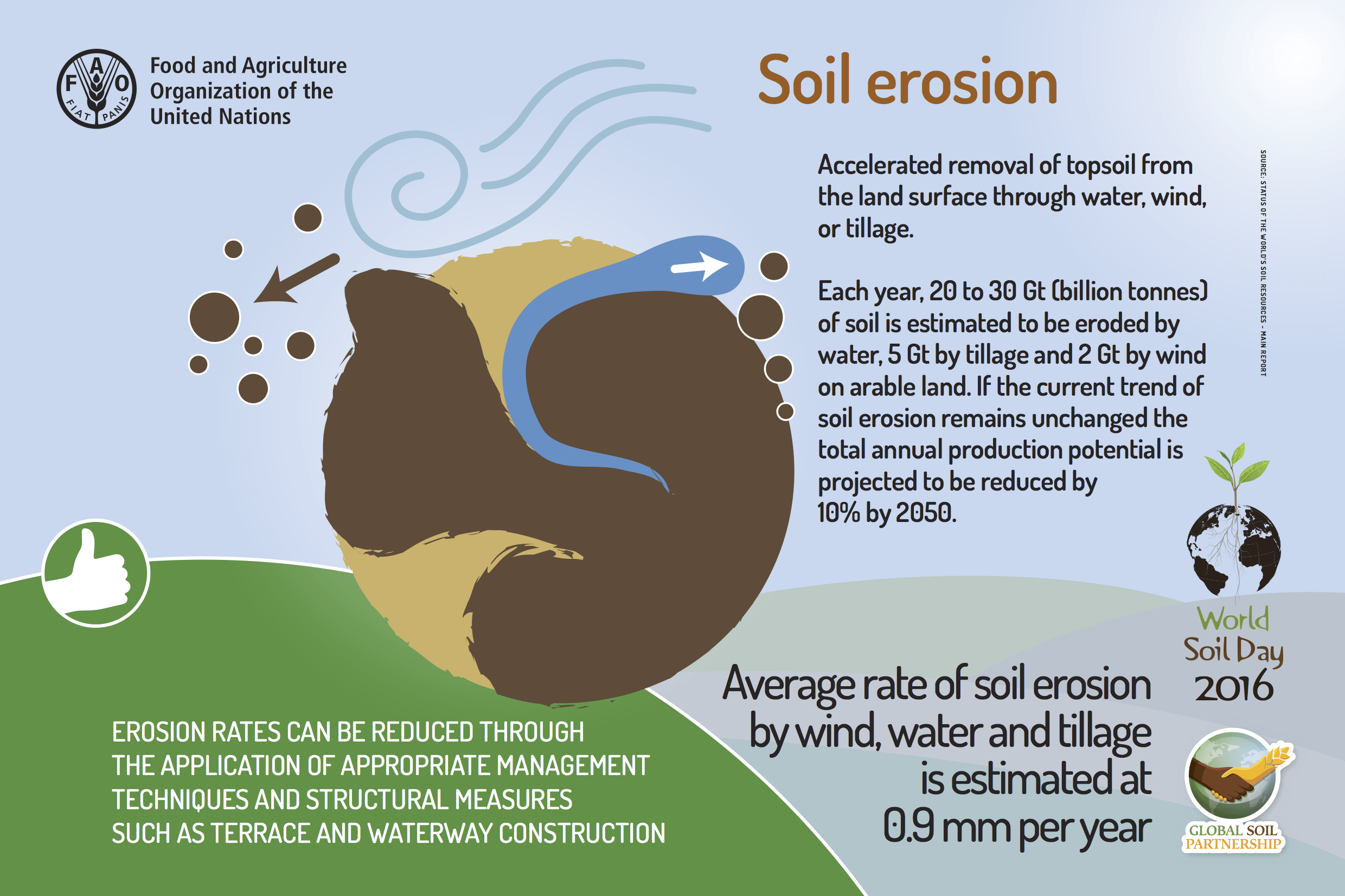
Image via Food and Agriculture Organization of the
United Nations
Another element of Farmer Direct’s ethical marketing that’s worth mentioning is its strong dedication to truly sustainable agriculture from an environmental perspective. Many farms emphasize their organic certifications or their beautiful pastures where their livestock are free to roam and wander, but Farmer Direct wants to raise awareness of how factors such as topsoil erosion can devastate rural farming communities and even individual farms.
Businesses Can Do Good AND Do Well
Although each of the businesses featured in this post are distinctly different, they all share a common characteristic: a commitment to giving back and protecting the rights and livelihoods of some of the world’s most vulnerable people. These companies have embraced ethical marketing not as a cheap gimmick they can exploit to drive sales, but as a core part of their mission and values as organizations.
Ethical marketing relies on a long-term strategy of continuing education, campaigning, and activism. It’s about helping consumers make better, more conscious choices about the products they buy and the stores they frequent. It’s about changing the way we think about how goods are provided, the people who make and sell the things we buy every day, and the communities that rely on fair, ethical trade to survive. It’s about cultivating brand loyalty by aligning your organizational values with those of your ideal customers.
Hopefully these examples have given you some ideas on how you can develop and incorporate philanthropic principles in your own organization. Not every company will be suited to ethical marketing – there are no fair trade plumbers, after all – but those that are may find that focusing on people and not just profit could be a wise investment.

